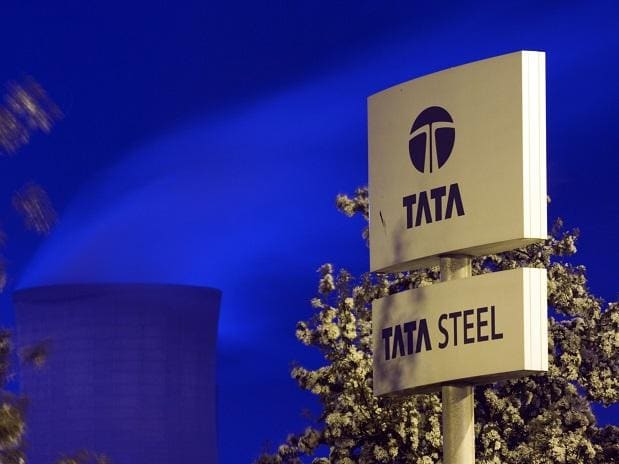Tata Steel plans Rs 16,000 cr capex in FY24 for domestic, global operations
Industry giant Tata Steel is planning a combined capital (capital) expenditure of Rs 16,000 crore for its domestic and global operations during the current financial year, according to its top management.
Of the planned amount, Tata Steel has set aside Rs 10,000 crore for standalone operations and Rs 2,000 crore for its subsidiaries in India, said company CEO and MD TV Narendran, CEO and Chief Financial Officer Koushik Chatterjee.
“The projected capital expenditure (capex) for the 2023-24 financial year has been set at Rs.16,000 crore on a consolidated basis which is supposed to be funded through internal accruals over the whole year,” the executives said in the company’s annual report for 2022-2023.
Of this amount, Rs 10,000 crore has been earmarked for Tata Steel Standalone operations of which the Kalinganagar project will account for about 70 per cent, they said.
The company is in the process of expanding the capacity of its plant at Kalinganagar in Odisha to 8 MT from 3 MT.
“Other Indian subsidiaries, currently in an expansion phase with cumulative value projects, especially in downstream operations which are important to serve customer needs and improve value-added product mix, will have a capitalization of around Rs 2,000 crore,” company officials said.
In Europe, Tata Steel Nederland will incur a capital expenditure of Rs. 1,100 crore on lining its blast furnace, which is underway. The leaders said the remainder of the capital expenditure is largely earmarked and will be spent on sustenance, environmental initiatives and improvement projects.
Tata Steel has planned a capital (capital) expenditure of Rs. 12,000 crore on its operations in India and Europe during the 2022-23 financial year. While 8,500 crores for India and 3,500 crores for operations in Europe, Narendran told PTI in July 2022.
In the UK, Tata Steel has been in active and detailed discussions with the UK government regarding the future of its business there.
Given the UK’s decarbonization journey and rising carbon costs, it was clear that for the long-term viability of the steel industry it was essential that Port Talbot move to alternative green technologies.
Discussions are ongoing and at the same time, some of the heavy assets under Tata Steel UK will be reaching the end of their lives within the next few years.
The management of Tata Steel UK will evaluate all scenarios regarding the future formation of the business and will appropriately consult with various stakeholders before taking the relevant strategic decisions.
“Any decision made will also take into account market, customer, supply chain impacts and safe operating practices for our employees,” the officials said.
